Welcome to the department of Language and Media Studies!
About us
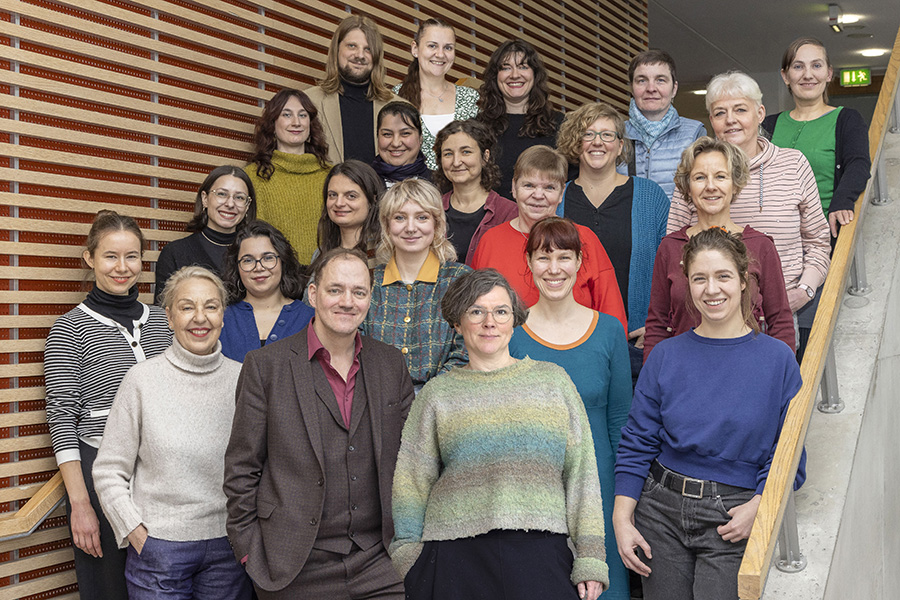
Heide Fest
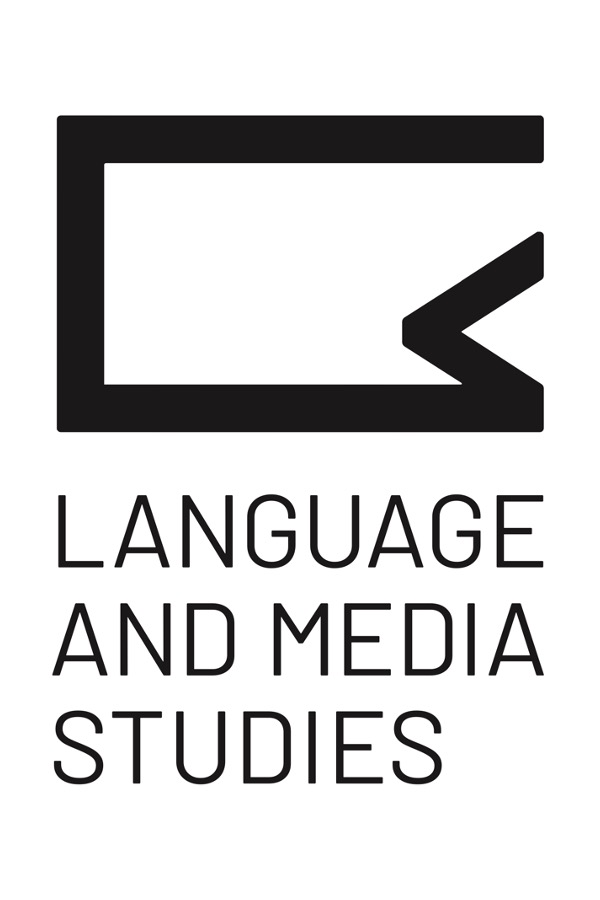
Andrea Ruhland
About the department
In the department we research language and media as social and cultural forms in their concrete media and social environments. We ask how cultural transformations change language and media and, conversely, how language and media produce forms of feeling, perception, thinking and community formation. We investigate how linguistic and media practices produce concepts of history and society, and how this connects with processes of community building and feelings of belonging.
Our focus is on the precise analysis of linguistic and media forms of expression and formats and covers a broad range of topics and phenomena including:
Connections between language, culture and society in discourse and interaction, especially in the context of technology, mediality and digitality. Here we deal with questions about the role of language and communication in the digital transformation of society, how language and communication change in the course of digitality and mediatisation.
Relationships between language, society, migration, and technology, in particular how digital cultures (re)shape linguistic norms and community definitions. We explore how multilingualism influences identity and social dynamics, critically analyse media representations and the role of language in social inclusion and exclusion practices.
The entanglement of the multimodality of speech with the multimodality of audiovisual media. We bring together linguistic and media-aesthetic approaches to analyse language, gesture and audiovisual images. We are interested in understanding the dynamics of meaning-making, its grounding in embodied experience, the interaffectivity of multimodal communication and
Popular cultural phenomena, such as movies, television series and video games. We assume that their close analysis can help us to understand the longings and fears, hopes, dreams and needs of communities of viewers and players of video games. In this sense, popular culture research can serve as an instrument for analysing culture and diagnosing the times and contribute to sharpening our view of a present that, marked by global crises and conflicts, inspires apocalyptic doomsday scenarios as well as transhumanist visions of the future and ecocritical utopias.
Department of Language and Media Studies
Secretary Office
Iris Franke
Auditorium maximum (AM)
Logenstraße 4
Mailing Adress
Europa-Universität Viadrina
Fakultät für Kulturwissenschaften
Große Scharrnstr. 59
15230 Frankfurt (Oder)
Study with us
Sprache, Medien und Gesellschaft (M.A.)
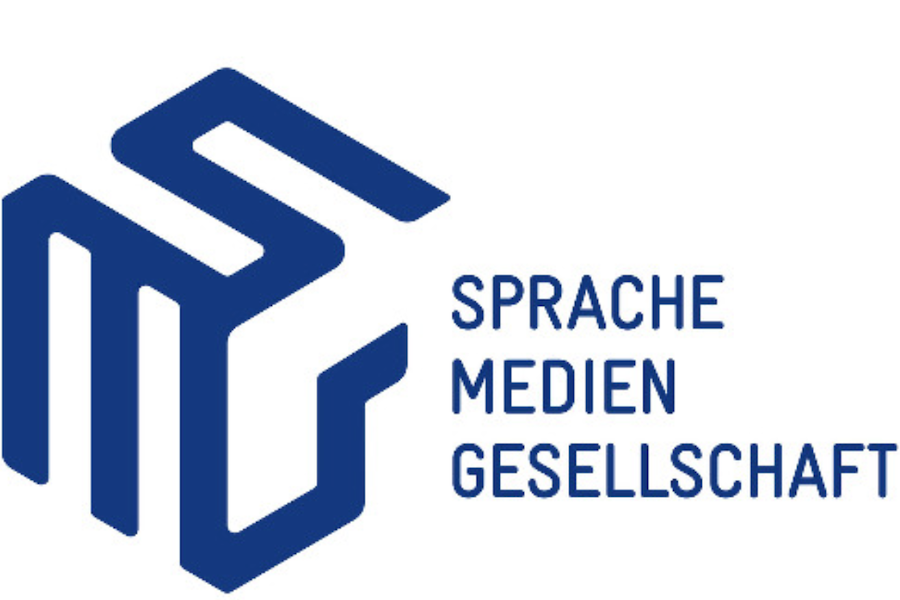
The Master's program examines language and mediality. We analyze language use as a communicative and aesthetic practice – oral and written, monomodal and multimodal, analog and digital – in various social, cultural, and media contexts.
Multimodality - Discourse - Media (M.A.)
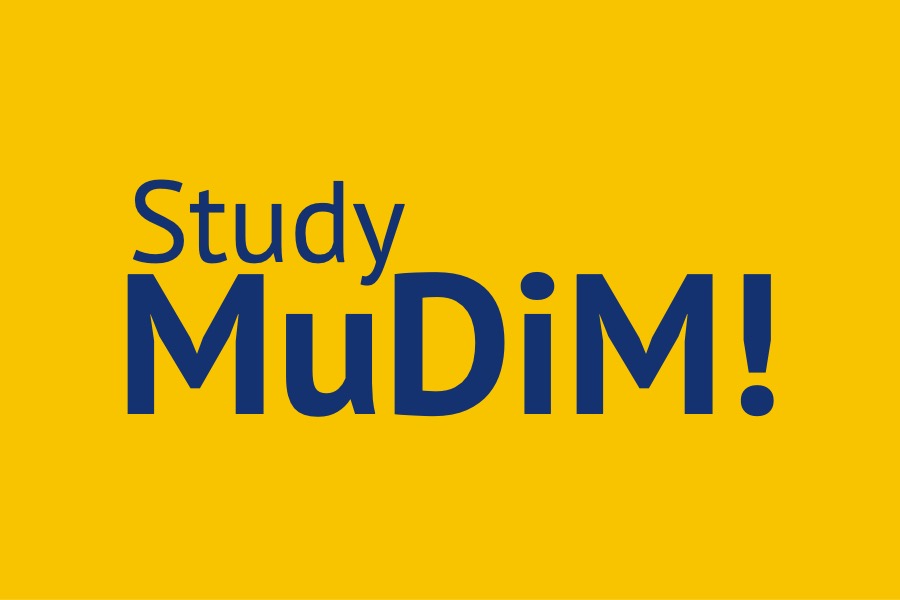
Discover MuDiM! Do you want to understand how gestures, language, and digital media come together in the ways we communicate? Or how videos, films and social media work? And what their effects are? Then enrol on the Master's degree programme "Multimodality - Discourse - Media" with its focus on understanding and analysing discourse from the perspective of linguistic and media studies and multimodality research. You will study in Paris and in Frankfurt (Oder), just one hour outside Berlin. The European University Viadrina in Frankfurt (Oder) offers an international environment with students from over 100 countries and the Sorbonne Nouvelle is located in the centre of Paris. Students who complete the MuDiM course will receive a Master's degree in France and in Germany. This degree programme is sponsored by the Franco-German University (DFH).
Recent seminars
Modules within study programs
Within the bachelor and master programs of the Faculty of Social and Cultural Sciences, the Department of Language and Media Studies offers various modules that you can choose from.
Kulturwissenschaften: Einführung
- Einführung in die Kulturwissenschaften (Cornelia Müller)
- Einführung in die Kritische Theorie (Daniel Illger)
Kulturwissenschaften: Vertiefung
- 7 years of #MeToo – What remains? (Lucia Margerita Wiedergrün)
- Filmanalyse - Audiovisuelle Gestaltung, Ansätze, Tools/Visualisierungen (Sarah Greifenstein)
- Klassiker der Medienwissenschaften (Jana Junge)
- Road signs, billboards, graffiti. Exploring linguistic landscapes through city walks (Karolin Breda)
- Sociocultural Introduction to Gambling and Sports Betting (Octavia Rudek)
- The Limits of Humanity - What is "Cyberpunk" and why should we care? (Daniel Illger)
Linguistik: Einführung
- Einführung in die Linguistik (Miriam Lind)
- Sprachtheorie und Sprachgeschichte (Britta Schneider)
Linguistik: Vertiefung
- Analysing Social Media Clips - A Crash Course (Clara Kindler-Mathôt, Katerina Papadopoulou)
- Empirical research in linguistics (Galyna Orlova)
- From gender linguistics to queer linguistics (Miriam Lind)
- Learning languages and experiencing cultures (Nicole Richter)
- Media, Discourse, and Feminism (Kateryna Pilyarchuk)
- Road signs, billboards, graffiti. Exploring linguistic landscapes through city walks (Karolin Breda)
Vergleichende Sozialwissenschaften: Vertiefung
- Sociocultural Introduction to Gambling and Sports Betting (Octavia Rudek)
Cultural and Social Studies: Consolidation
- Learning languages and experiencing cultures (Nicole Richter)
- Road signs, billboards, graffiti. Exploring linguistic landscapes through city walks (Karolin Breda)
Europe/s – History, Culture, Politics
- Sociocultural Introduction to Gambling and Sports Betting (Octavia Rudek)
Media – Image, Text and Language
- 7 years of #MeToo – What remains? (Lucia Margerita Wiedergrün)
- Analysing Social Media Clips - A Crash Course (Clara Kindler-Mathôt, Katerina Papadopoulou)
- Empirical research in linguistics (Galyna Orlova)
- Filmanalyse - Audiovisuelle Gestaltung, Ansätze, Tools/Visualisierungen (Sarah Greifenstein)
- Klassiker der Medienwissenschaften (Jana Katharina Junge)
- Media, Discourse, and Feminism (Kateryna Pilyarchuk)
- Road signs, billboards, graffiti. Exploring linguistic landscapes through city walks (Karolin Breda)
- Sociocultural Introduction to Gambling and Sports Betting (Octavia Rudek)
- The Limits of Humanity - What is "Cyberpunk" and why should we care? (Daniel Illger)
Difference – Migration, Gender and Diversity
- 7 years of #MeToo – What remains? (Lucia Margerita Wiedergrün)
- From gender linguistics to queer linguistics (Miriam Lind)
- Media, Discourse, and Feminism (Kateryna Pilyarchuk)
Methods, Academic Writing and Research Skills
- Departmentkolloquium - Language practices in digital cultures (Miriam Lind)
- Forschungskolloquium - Language in Society (Britta Schneider)
- Forschungsseminar (Daniel Illger)
Migration, Öffentlichkeit und Medien
- 7 years of #MeToo – What remains? (Lucia Margerita Wiedergrün)
Modul III.4.: Recht und Politik im transnationalen Kontext (Vertiefung)
- 7 years of #MeToo – What remains? (Lucia Margerita Wiedergrün)
Zentralmodul: Theoretische und methodische Grundlagen
Wahlpflichtmodul: Mehrsprachigkeit und Interaktion
- Multilingual Literatures in the Age of Machine Translation (Britta Schneider, Andrea Gremels)
- Rhythmus und Zeit in der Sprache und beim Sprechen (Nicole Richter)
Wahlpflichtmodul: Sprache und Medien in Transformation
- Affektfalle Social Media (Cornelia Müller)
- Embodiment und 'Corporeal Styles' in TikTok-Videos (Sarah Greifenstein)
Wahlpflichtmodul: Multimodalität, Diskurs und Medien
- Protestgesten (Cornelia Müller)
- Timing und Komik. Getaktete Dialoge in Filmkomödien (Sarah Greifenstein)
Wahlpflichtmodul: Intercultural Communication
- The Emotions of Politics and the Politics of Emotions in Series (Thomas Scherer, Timm Beichelt)
Optionsmodul: Transdisziplinäre Kulturwissenschaften
- Multilingual Literatures in the Age of Machine Translation (Britta Schneider, Andrea Gremels)
Forschungsmodul
- Departmentkolloquium - Language practices in digital cultures (Miriam Lind)
- Research Seminar "Gesture and Multimodality Studies" (Cornelia Müller)
- Forschungskolloquium - Language in Society (Britta Schneider)
Wahlpflichtmodul: Wissenskulturen und Künste
- Bilder des Schreckens (Daniel Illger)
Optionsmodul: Transdisziplinäre Kulturwissenschaften
- Multilingual Literatures in the Age of Machine Translation (Andrea Gremels, Britta Schneider)
Forschungsmodul
- Forschungsseminar (Daniel Illger)
Wahlpflichtbereich: Formen ästhetischer Welterschließung
- Bilder des Schreckens (Daniel Illger)
Optionsmodul: Transdisziplinäre Kulturwissenschaften
- Multilingual Literatures in the Age of Machine Translation (Britta Schneider, Andrea Gremels)
Wahlpflichtmodul: Politik und Kultur
- The Emotions of Politics and the Politics of Emotions in Series (Thomas Scherer, Timm Beichelt)
Optionsmodul: Transdisziplinäre Kulturwissenschaften
- Multilingual Literatures in the Age of Machine Translation (Britta Schneider, Andrea Gremels)
WPM 1: Regieren in Europa
- The Emotions of Politics and the Politics of Emotions in Series (Thomas Scherer, Timm Beichelt)
WPM 5: Kultur, Geschichte & Gesellschaft oin Europa
- The Emotions of Politics and the Politics of Emotions in Series (Thomas Scherer, Timm Beichelt)
Guidelines for students
B.A. and M.A. theses of our graduates
“It was never about what the German people actually need”—Audiovisual and Verbal-Gestural Storytelling: A Case Study of Right-Wing Extremism on TikTok
(Paul Jonas Kern, Multimodaly - Discourse - Media (M.A.), winter semester 2024/2025, supervising profesor: Prof. Dr. Cornelia Müller)
„Hasi, Schnucki, Mausebär“ – Über die Verwendung von Kosenamen in romantischen Beziehungen
(Nora Gail, Master Study program, summer semester 2024, supervising profesor: Prof. Dr. Britta Schneider)
„Zur Rhetorik von medial vermittelten feierlichen Ansprachen: eine sprachwissenschaftliche Studie zu den Neujahrsansprachen 2022 von Präsident Wolodymyr Selenskyj und Bundeskanzler Olaf Scholz“
(Mariia Shykova, Sprache – Medien – Gesellschaft (M.A.), summer term 2024, supervising profesor: Prof. Dr. Nicole Richter)
Current research topics
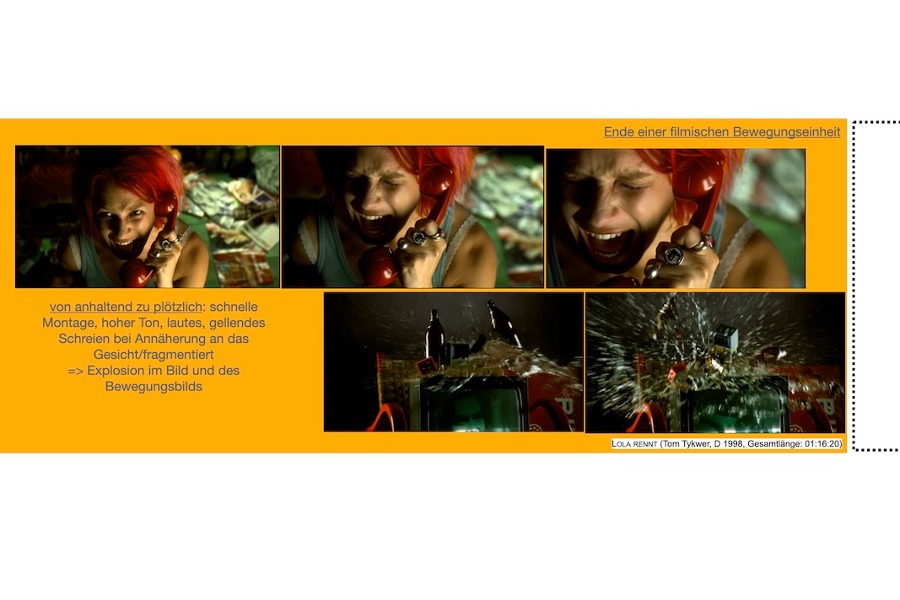
- affectivity and perception in film and audiovisual images
- embodied meaning and cinematic metaphor
- rhythm, tempo and kinaesthetics of audiovisual images and of embedded voices, gestures and facial expressions
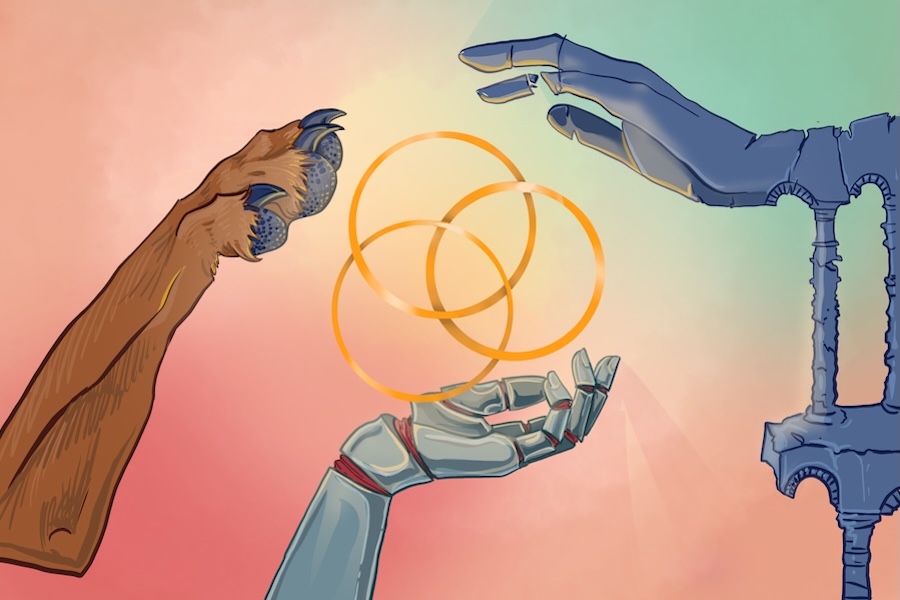
- Cultural Fantasies of AI
- The Eschaton in Popular Culture
- “Fernweh” and the Fantastic
- Theory and Poetics of Adventure
- The Phenomenology of Scars
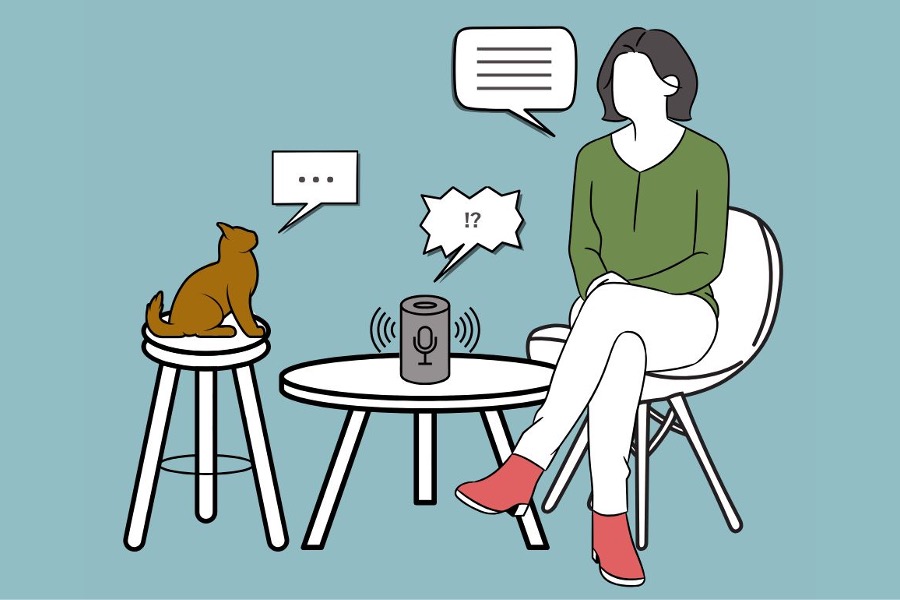
- Communicative practices between humans, animals, and machines
- Posthumanist approaches to language
- Human-machine interaction
- Human-animal interaction
- Communication technology for pets
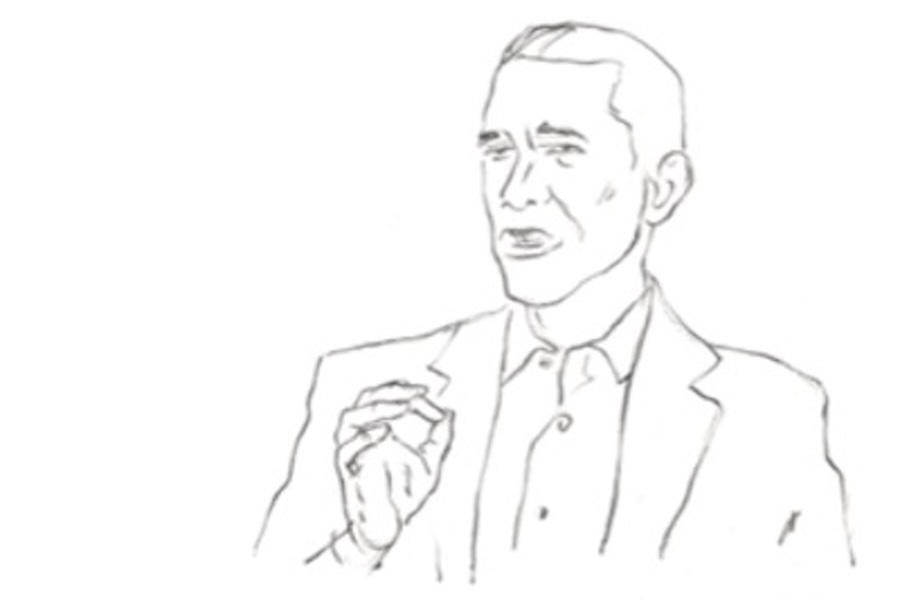
- Multimodality of speaking and audiovisual multimodality
- Gesture and language
- Multimodal stancetaking and affectivity in parliamentary debates
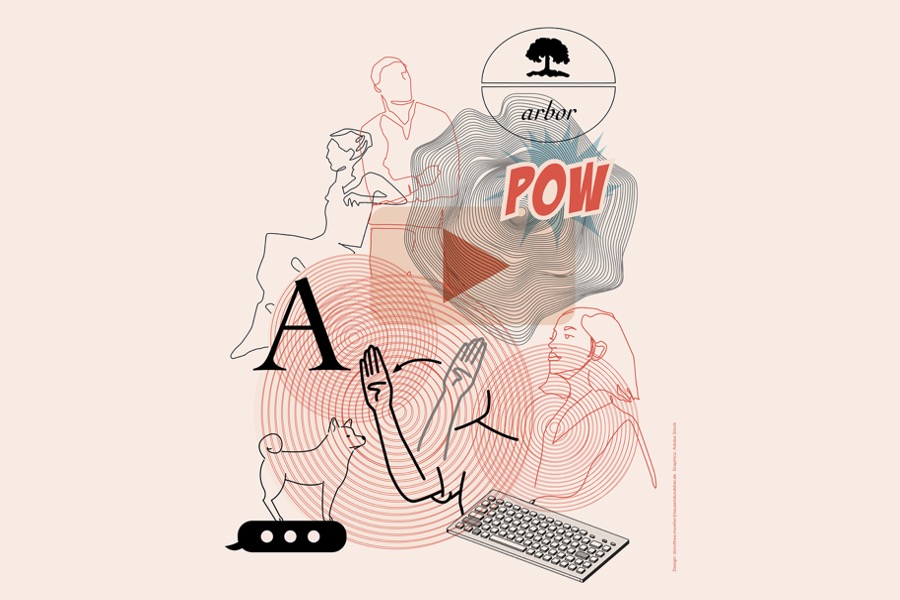
- Language ideology research
- Multilingualism
- Language and globalisation
- Language and AI
- Language and digitalisation
- Post-nationalism
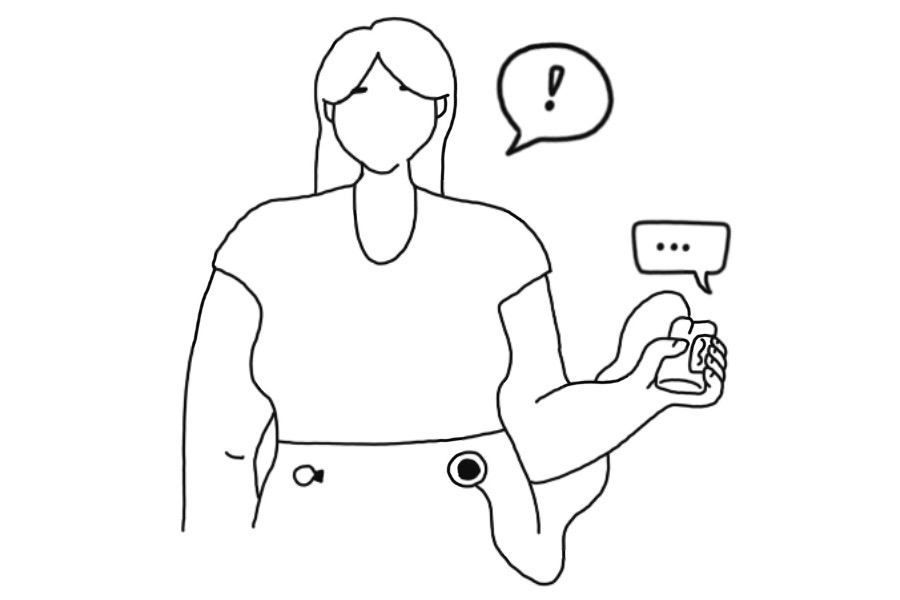
- Discursive Constructions of Human-Machine-Relations
- Language and Belonging
- Human-Machine-Interaction
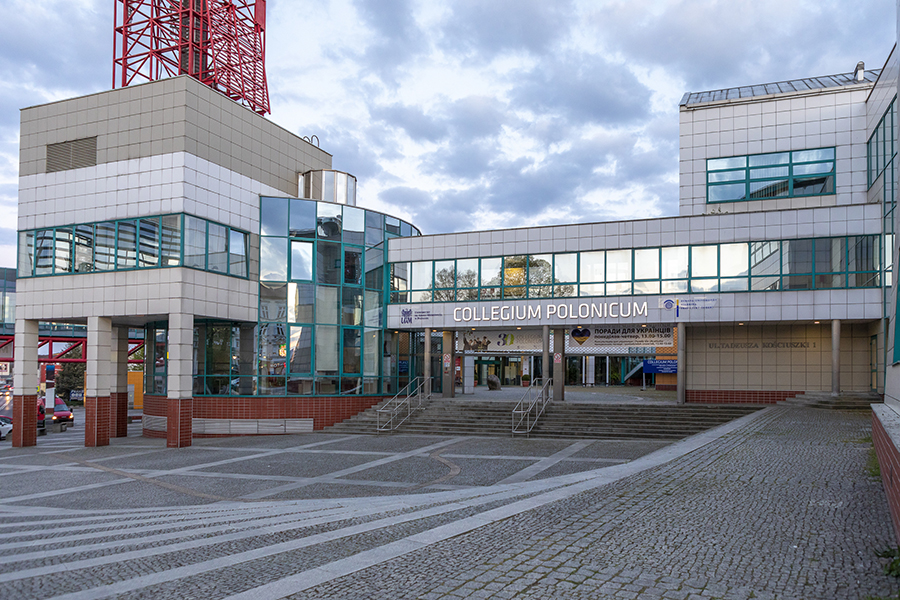
- Oral communication
- Slavonic languages
- Multilingualism in borderlands
- Spontaneous speech
- Rhetorics
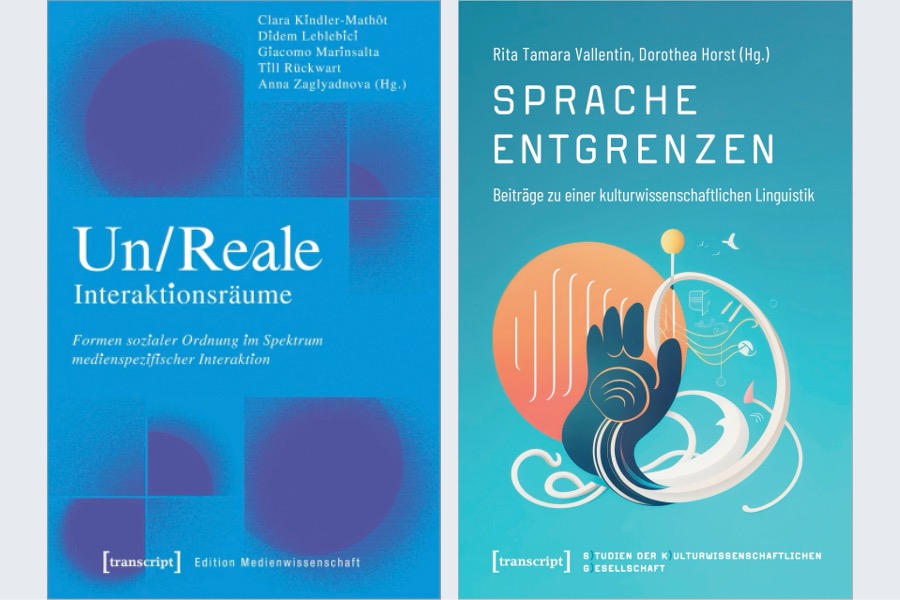
The research carried out by our department is reflected in our current publications. The following document provides an overview of the publications by members of the Department of Language and Media Studies from the current year.
Members of the department
Professors
- Greifenstein, Sarah (Prof. Dr.)
- Illger, Daniel (Prof. Dr.)
- Lind, Miriam (Prof. Dr.)
- Müller, Cornelia (Prof. Dr.)
- Schneider, Britta (Prof. Dr.)
Permanent academic staff
Associated members
Senior Scholars / Emeriti
Administration and Secretaries
Student assistants
- Beese, Anuschka
- Flacke, Antonia
- Metzkow, Frieda (CP)
- Löwisch, Carlynn
- Schumann, Zoe
- Shipley, Julie
- Shpanova, Arina
- Yakubch, Severyna
PhD students and Postdocs
- Bauer, Jeanette-Christine
- Baumgärtner-Kastner, Edgar
- Bonin, Sara (CP)
- Breda, Karolin
- Bullock de Oliveira, Maggie
- Fester-Seeger, Marie-Theres (PhD)
- Godiva, Stephanie
- Jacobshagen, Marlén
- Junge, Jana Katharina
- Kindler-Mathôt, Clara
- Leblebici, Didem
- Meer, Somaiya
- Müller, Patrick
- Mykhalonok, Mariia
- Neumann, Elizabeth
- Orlova, Galyna (CP)
- Otlewska-Dräger, Dominika (CP)
- Papadopoulou, Katerina
- Pappalardo, David
- Pilyarchuk, Kateryna
- Rostom, May
- Rudek, Octavia
- Sawall, Hannah
- Scherer, Thomas J. J. (Dr.)
- Schulz-Budick, Dorothée (CP)
- Schön, Sarah
- Weidauer, Sebastian (CP)
- Weigand, Teresa
- Wiedergrün, Lucia
In Media
Follow us on Instagram!
The official account of the Department of Language and Media Studies of the European University Viadrina.

Follow us on YouTube!
Listen to podcasts by students and tune into recorded lectures on our department YouTube account.



